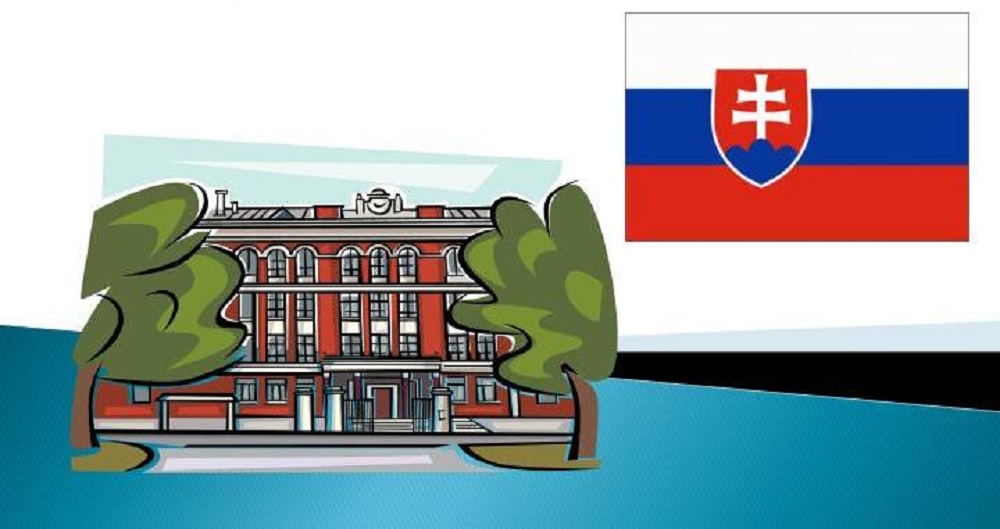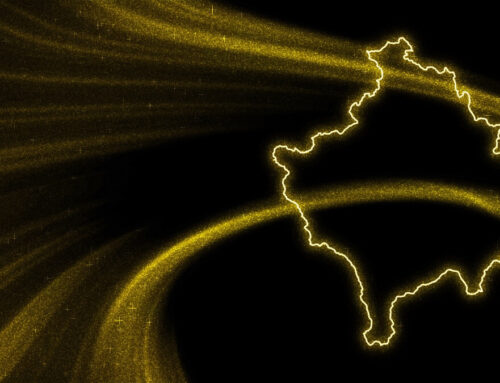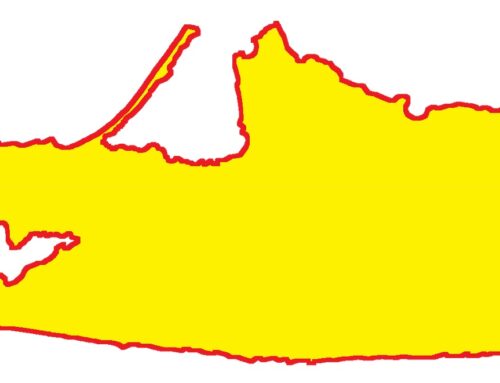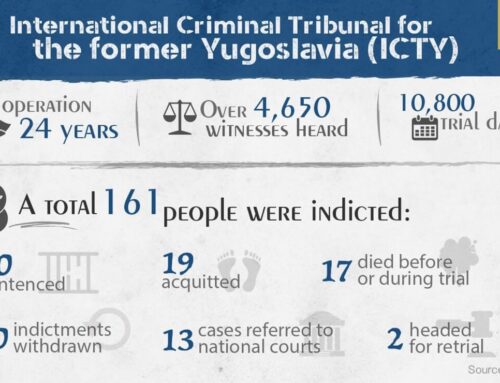The teacher lectures, sometimes even reads texts out loud, while students mechanically write notes without understanding, or simply zone out. That is a sight way too common in schools and universities in Slovakia. The Slovak education system has long been criticized for its archaic approach and aversion to innovation. It is characterized by emphasis on memorising and collecting encyclopaedic information, rather than developing critical thinking skills and understanding texts (1). This approach is becoming even more problematic with increasing digitalization. Students are tested on their memory of information they can easily find online, but fail to develop the skills necessary for sorting and understanding the various sources available on the internet (2).
A movement for reforming education conducted a large scale research of teaching methods prevalent in Slovak schools and found that the majority of the time, students are taught in a passive, receptive way (3). Lecturing is the most common education method, and students are rarely led to explore or analyse the information given. According to the reform initiative, this method relies on memory, which lasts shortly and does not lead students to be motivated to learn further. Additionally, the syllabus is full of theory and definitions and emphasis is seemingly placed on learning as many facts as possible, rather than deeply understanding any of them (4).
Katarina, a student of psychology, got her Bachelor’s degree in Slovakia and is now studying a Master’s program in the Czech Republic. „I didn’t like the teaching in Slovakia, but I couldn’t explain why. I had nothing to compare it to. Now I see that it can be done in a much better way. Rather than focusing on theory, we are taught through practical exercises, discussions and group projects.“
The trend may be changing due to the lockdown measures implemented in March. The government decided to close schools very early on, with education moving online. As a result, the amount of information taught had to be reduced to the essentials. According to an education expert Juraj Hipš, the crisis proved that the curriculum can be reduced and there is no need to teach students so many unnecessary details (5). He also notes that due to the fact that education was moved online, teachers had to look for alternative teaching methods. These were often more active and engaging than simply lecturing. As the digital skills of teachers vary, some more skilled and active teachers were providing ideas and webinars to help others (6). According to him, the crisis triggered a grassroots reform of the education system which has been needed for years. This change is also welcomed by parents – the majority of them support teachers reducing the amount of information taught, as well as giving verbal feedback next to grades (7). Hipš believes this is partly due to the fact that with children spending more time at home, parents can now see how much of what is required of them is unnecessary, encyclopedic knowledge (8).
The question is, to what extent can the current change be sustainable and lead to a real reform. Hipš warns: „No systematic reform of our education system can come from bottom-up. We need the institutional level, we need the Ministry to implement a reform after consulting the necessary stakeholders.“ He notes that sadly, the Ministry has so far only provided vague statements and did not propose any significant changes. The Initiative of Slovak Teachers (9) as well as the OECD (10) have been vocal about the underfunding of the education system. An increase in teacher’s salaries is a necessary prerequisite for improving the quality of Slovak education.
Juro, an aspiring teacher of ethics, believes most teachers are too demotivated to experiment with alternative teaching methods. He himself aims to teach ethics through a discussion-based, collective learning method. However he is sceptical of whether the current crisis can bring lasting change. Lecture-based teaching is not prescribed by the Ministry, he says, it is rather a result of burnout and unnecessary bureaucracy.
In the midst of this debate, it is also absolutely essential to point out the regional differences in education quality. Marginalized communities and poor families, many of whom are Roma, are experiencing even greater barriers in education, which have now increased due to a lack of internet access. Hipš notes that sadly, the Ministry has done virtually nothing to help equalize the access to education for these children in the crisis, and the only change was achieved by teachers partnering with businesses and NGOs.
The crisis has sparked a public debate about the deficits in education. A reform is supported by parents, teachers are learning new skills and students are looking forward to school again. However, a broader institutional change is needed to make sure these changes will be sustainable. In this momentum, civil society, teachers, parents, and students should call on the Ministry to implement a reform on the institutional level, so that the positive aspects of the lockdown can be maintained and Slovak students can find joy in education. Hopefully, more teachers like Juro will be able to implement engaging, active learning methods. And over time, more students like Katarina will be fulfilled by the education they receive home and not have to leave the country in search for a more decent education.
References:
3 ) https://analyza.todarozum.sk/docs/449893001bp1a/
6) https://video.sme.sk/c/22396889/juraj-hips-vdaka-korone-nastava-reforma-skolstva-video.html
7) https://www.minedu.sk/rodicia-chcu-zmeny-vo-vzdelavani/
8) https://video.sme.sk/c/22396889/juraj-hips-vdaka-korone-nastava-reforma-skolstva-video.html
9) https://www.youtube.com/watch?v=pEm0NBQF-qI
10) http://www.oecd.org/economy/surveys/Slovak-Republic-2019-OECD-economic-survey-overview.pdf





